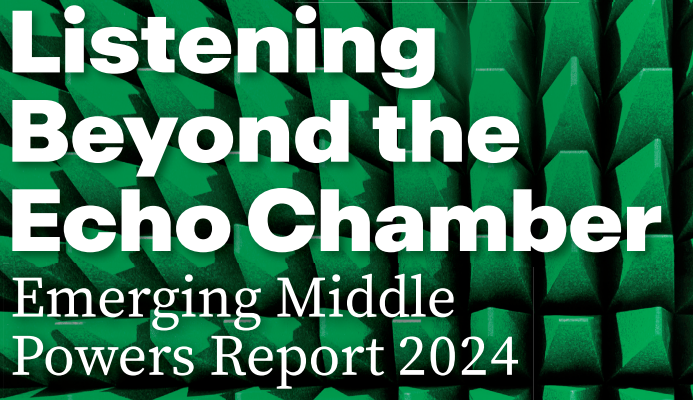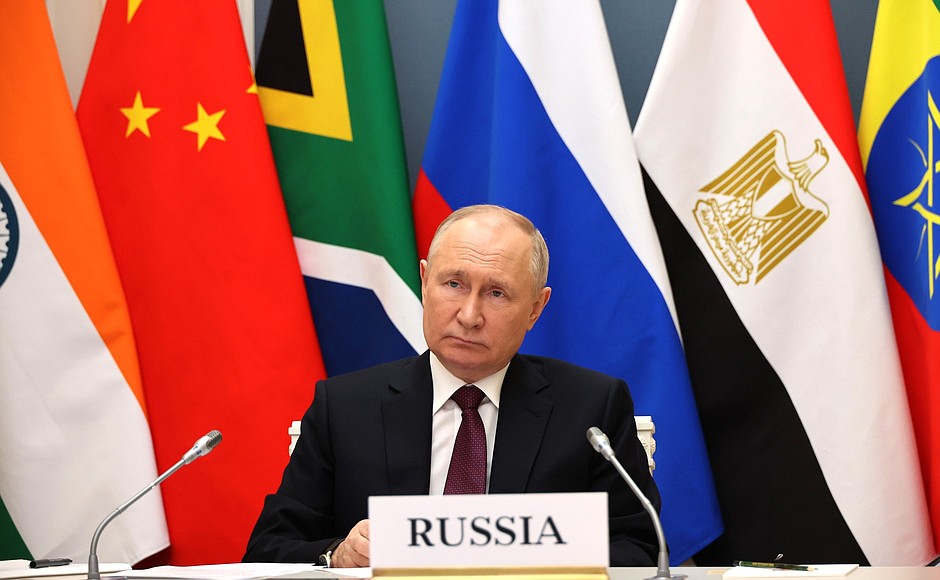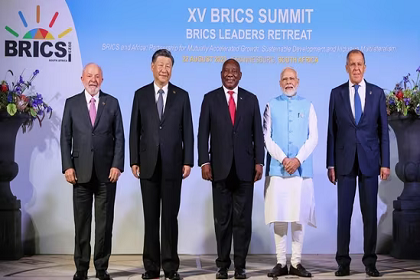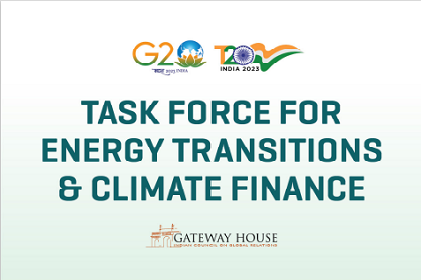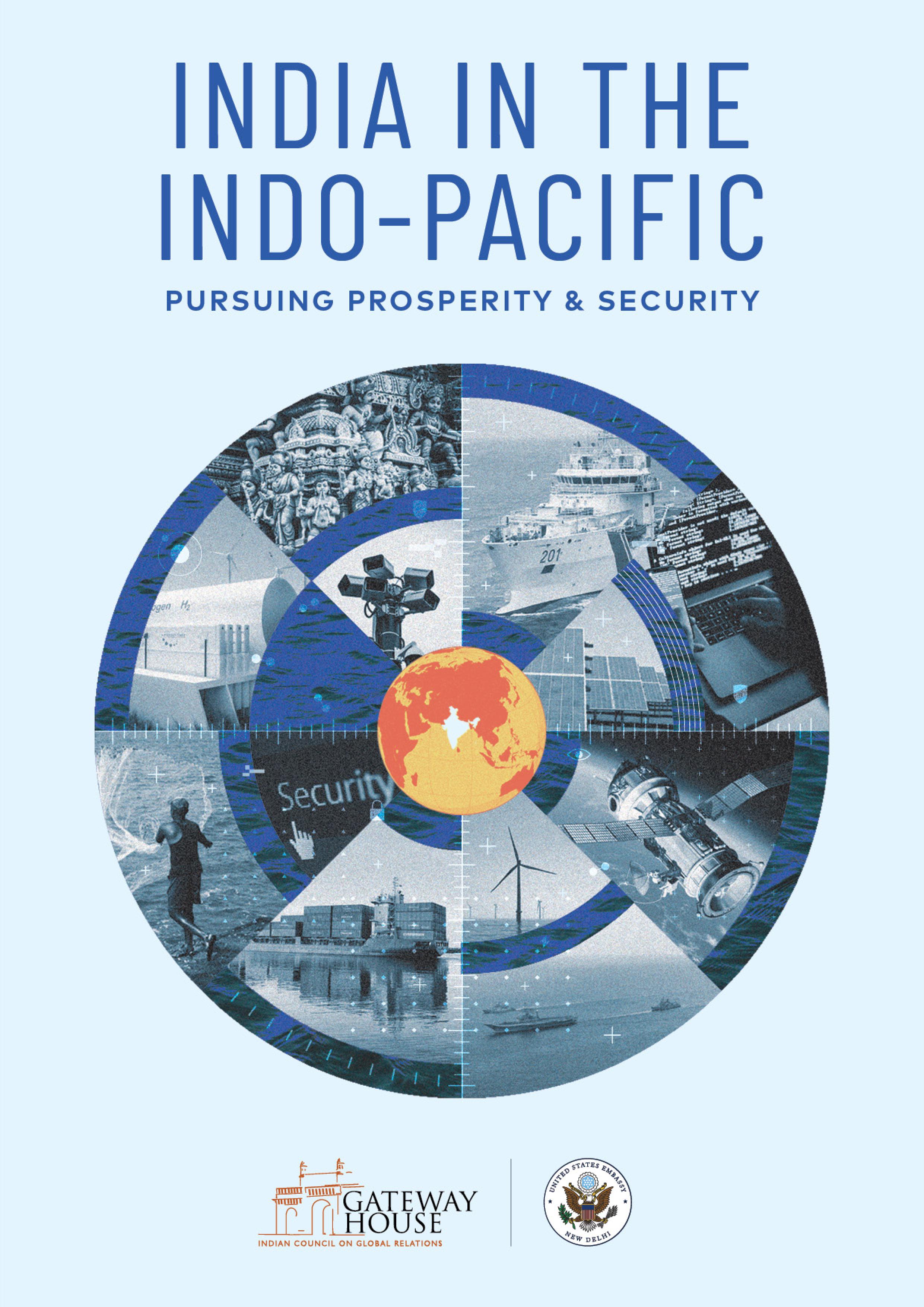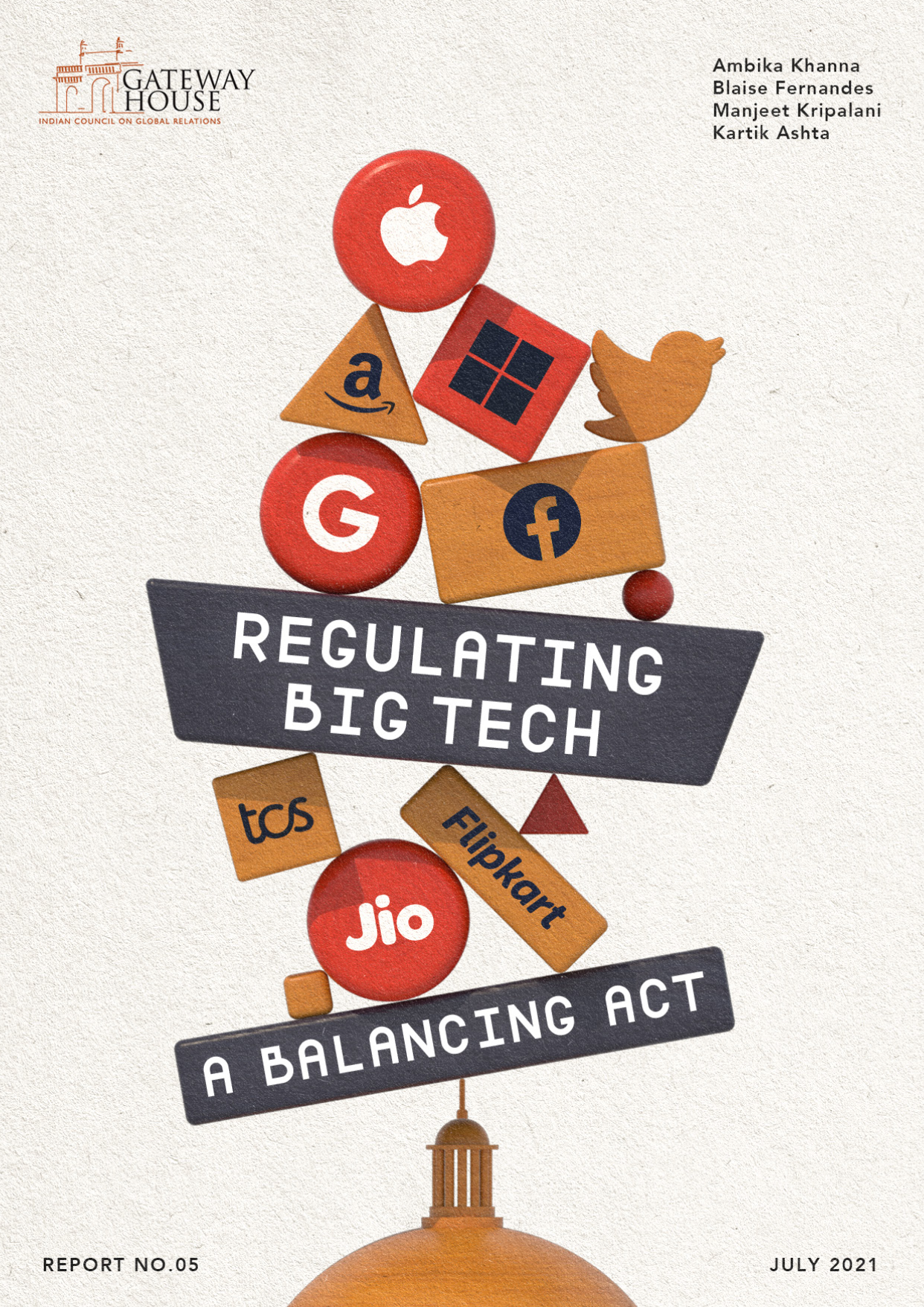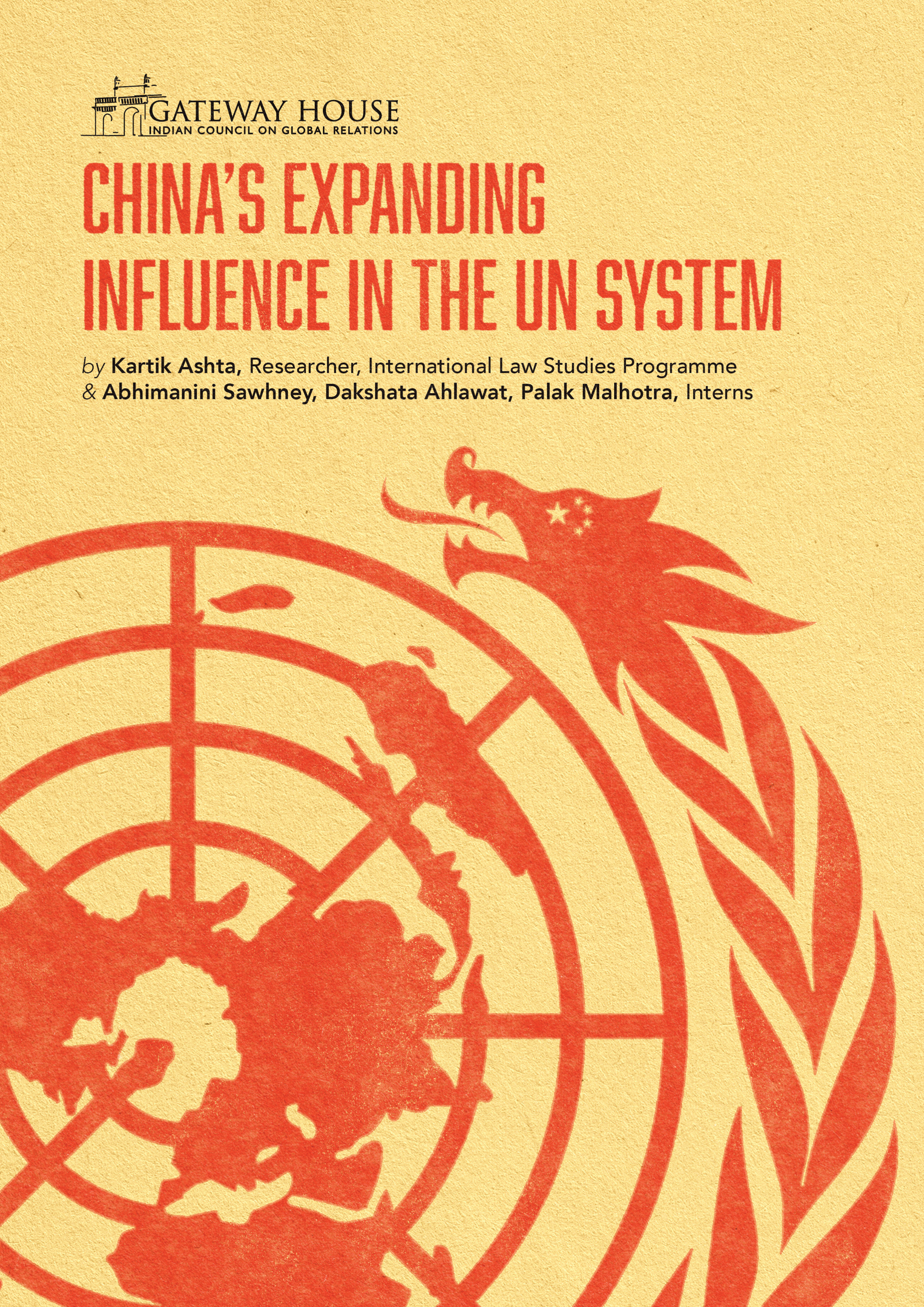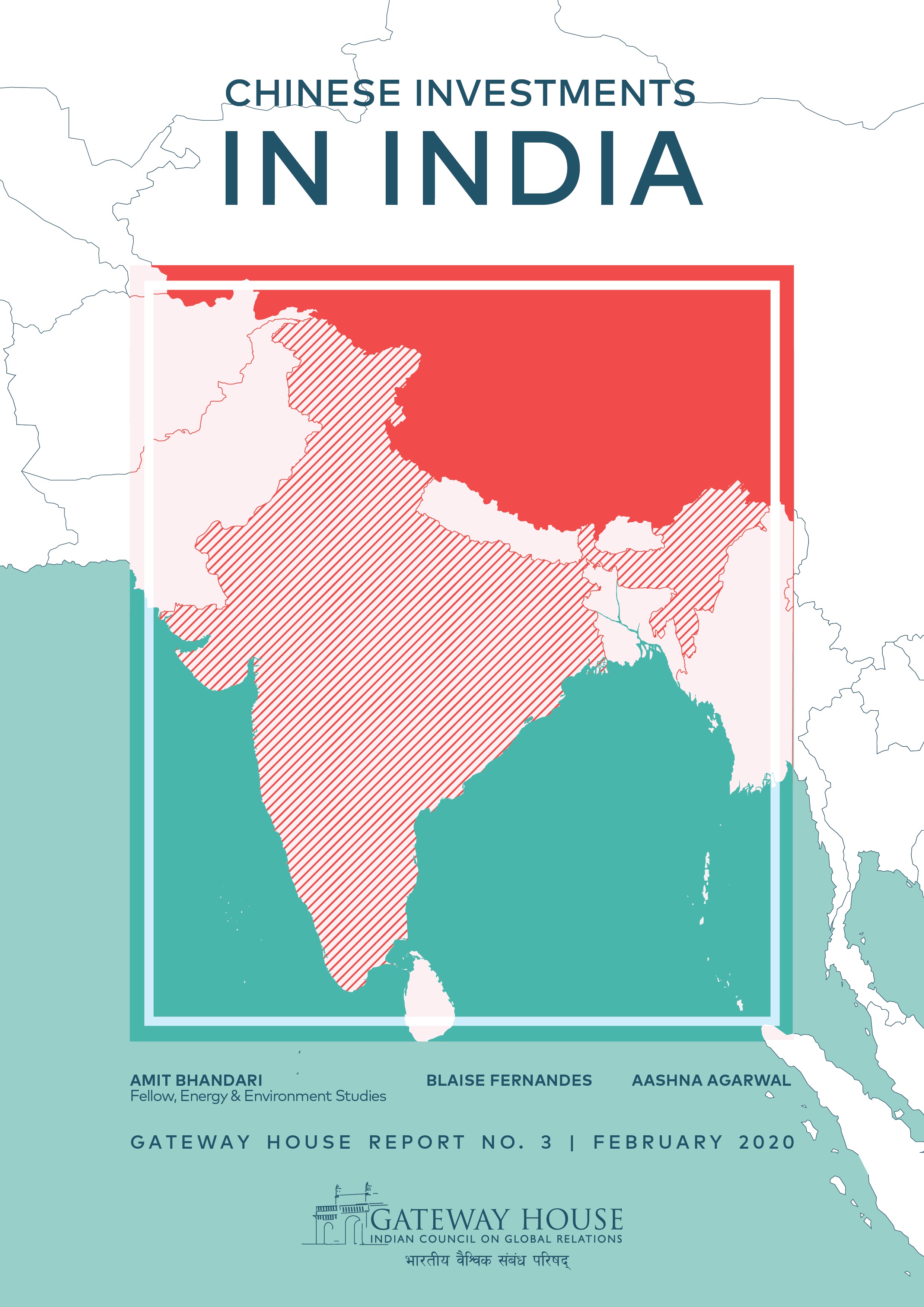China’s emergence in the global order
There is much discussion these days on the world order and the continuation or demise of the current format. To understand why this powerful agglomeration of states and rules is now being questioned, it is necessary to understand the role of China, its co-option of the institutions and rules of the world order, and the parallel order it is creating centred around itself.


